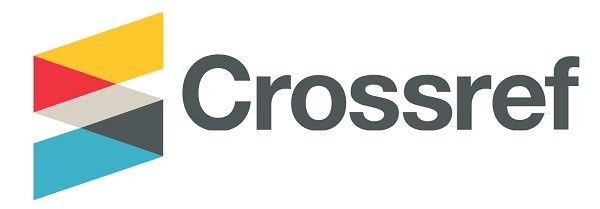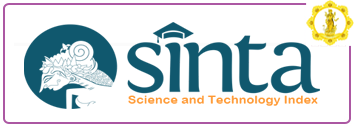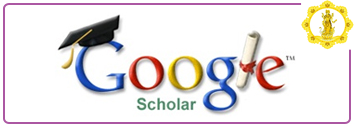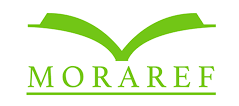Total Quality Management: Paradigma Baru Managemen Perguruan Tinggi dalam Menghadapi Persaingan Kualitas Pendidikan
DOI:
https://doi.org/10.25078/jpm.v3i1.99Keywords:
quality management, educationAbstract
College is one of the means to build community. Universities can also be regarded as the agent of change in society and even the world. Humans were expected today are capable of developing their potential throughout. Overview whole human beings has been defined in the law No. 20 of 2003 on the System Pendidian National Article 3 which states that the National Education aims at developing students' potentials in order to become a man of faith and fear of God Almighty, noble, healthy, knowledgeable, skilled, creative, independent, and become citizens of a democratic and accountable. Based on these conditions, a University is a public institution undertaking the community to help to create students who have the expected quality. With the demands of current conditions it is necessary seoramg leaders and members who have high performance in managing and running the educational process. While universities are expected are universities which have members who are always learning to achieve a change for the better in serving the community.
Downloads
References
Baron, et al. (1998). Exploring the culture of teaching and learning: A community research project. Research Report.
Castetter, William, A. (1981). The Personil Function in Educational Administration. New York: MacMillan Publishing Co.
Claman, Priscilla H. 1998. Work Has Changed but Our Compensation Program Have Not. Compensation and Benefits Management, Winter.
Davis and Newstrom. (1995). Human Behaviour at Work; Organizational Behavior. 7th ed, Mc Graw: Hill Publishing Company.
Deming, W. E. (1998). Out of Crisis. Cambridge: Massachussetts Institute of Technology.
Juran, Josep and Grynn. FM (1989). Politic and Objective, Quality Planning and Analysis. Mc Graw Hill.
Juran, M., J. (1995). Merancang Mutu, Buku 5, Jakarta: PT. Pustaka Binawan Presindo.
Kotler, John P. (1997). Leading Change. Jakarta: Gramedia Pustaka Utama.
Kotler (1997). Marketing Management: Analysis, Planning, Implementation, and Control, 9th ed. Englewood Cliffs, N, J; Prentice Hall International, Inc.
Luthans, Sweeney dan McFarlin (2002), Organizational Behaviour, Singapore: McGraw-Hill International.
Marguardt (1996). Building the Learning Organization. New York: McGraw- Hill.
Riduwan dan Akton. (2006). Rumus dan Data dalam Aplikasi Statistik. Bandung:Alfabeta.
Robbins P. Stephen (2001). Perilaku Organisasi. Jakarta: PT. Prenhalllindo.
Sallis Edward (1993). Total Quality Management in Education. London: Kogan.
Spencer & Spencer (1993). Competence at Work Models Supperior Performance, John Willey & SMS, Inc, New York: A Division of Mac Miller Publishing, Co.,Inc.
Tjiptono Fandy (1996). Total Quality Management. Edisi II. Yogyakarta: Penerbit Andi.
Undang-undang nomor 20 Tahun 2003 tentang Sistem Pendidikan. Jakarta: Sinar Grafika.
Yuki, Gary. (1996). Leadership in Organization (Terjemahan). Edisi Ke-Tiga, Jakarta: PT. Buana Ilmu Popular.









